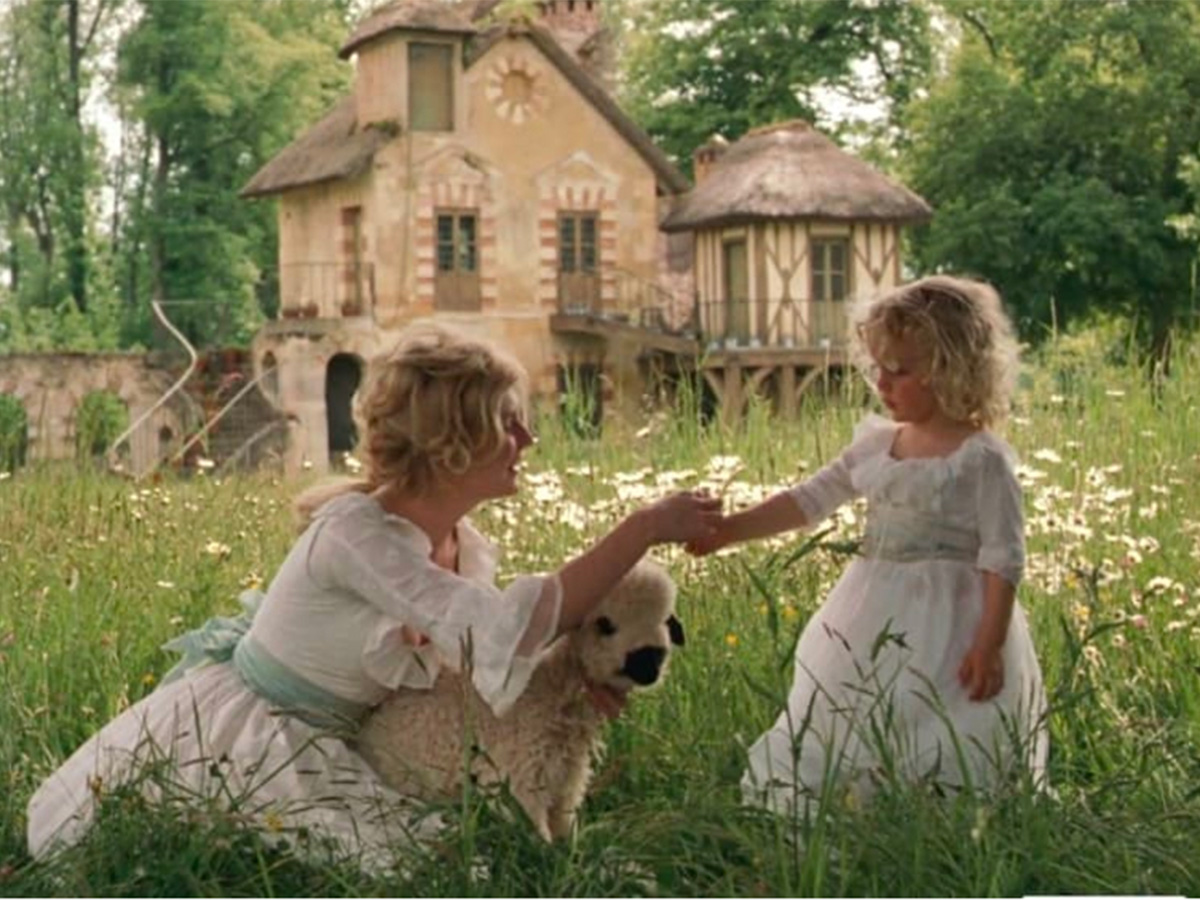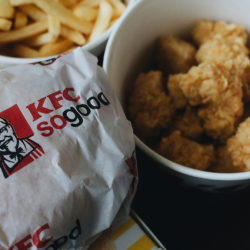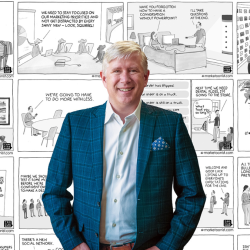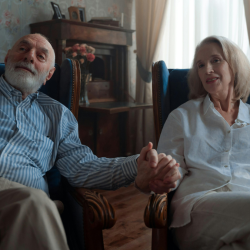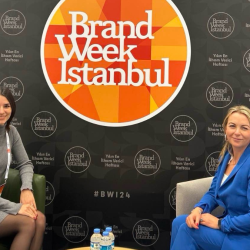We open on a beautiful wildflower meadow on a hazy summer’s day. The air is thick with the sound of bees and barely stirred by meandering butterflies. In the distance, a well-maintained cottage is just visible. A lamb bleats, picturesquely, as a slender blond woman in a peasant style smock leads a similarly dressed tiny blond child by the hand. She glows with health and serenity and on welcoming her similarly dressed, similarly slender friends, insists they try the organic produce.
In Sofia Coppola’s 2006 film Marie Antoinette, the artificiality of the environment the Queen has created is not mocked. Indeed, the young Queen is given our sympathy. Marie longs for the simplicity of an imagined version of the countryside, where she will find her true, natural state and the purity and goodness that entails. It is a vision that is seductive and compelling even as it is delusionary and perverse, and exerts an understandable draw for us all whenever the world becomes most chaotic.
Not so simple
From Rousseau (born to fleeing refugees) and Thoreau (writing Walden during the Mexican American war) to America’s commune movement (backgrounded by the Vietnam War, Civil Rights Movement, Cold War and Cuban Missile Crisis) and the UK’s New Age Traveller Movement (born during recession and amidst acute social division) the urge for radical simplicity in complex times has never been hard to comprehend. Yet without exception, the only people for whom the simple life is a persistently achievable state are the elite. And they are taking it up in huge numbers.
Amidst all the talk of the Big Quit in 2020, ONS stats show that a staggering 94.4% of the people who left the job market (or became economically inactive in the jargon) in 2021 were over 50. Coincidentally, another ONS report shows that in the UK, personal wealth peaks amongst the 60-to-64 age group at a level nine times as high as the 30-to-34 age group and while, yes, correlation does not equal causation, it does seem much more likely that people able to enjoy the simple life in comfort will be much more likely to seek it out.
So post 2020, whilst the country’s wealthiest are embracing the joys of simple country living and some of us are watching Jeremy Clarkson navigate both a Lamborghini tractor and a growing social consciousness around his Cotswolds farm, simplicity looks like something very different for others. As inflation surges the prices of some basics, like own-brand budget pasta, have risen 50% in the year to April 2022, meaning that some parents are obliged to spend hours deal hunting just to feed their children simple meals. In a country where 1 in 5 school meals is provided for free based on the acute need of the family and where some schools provide washing machines and mobile phone charging for the desperately impoverished parents of their students, the very idea of a life of simplicity is an absurd abstraction. Indeed, in drawing a connection between a simple life and the discovery of a sense of self — or self actualisation as Maslow would have it, are we actively creating unhappiness?
Is it a reach to say that communications plays a role in the disconnect?
I don’t think it is. It’s clear that the simple life and the self actualisation it delivers are dependent on living in the kind of comfort that is out of reach for many. Highlighting the self knowledge benefits of simplicity in communications seems to risk bundling the idea of positive mental health with financial security in a way that can be hugely alienating to those who are already excluded from so much. Government studies show that families in poverty are disproportionately affected by mental health issues, and I’m sure I’m not alone in hoping my work would never contribute further to that by othering an audience.
The simplicity urge is powerful, and its allure in comms is enticing, but it’s a concept that needs to be used sparingly and mindfully; talking to audiences with the resources to act on it rather than assuming a wider relevance with audiences for whom it remains frustratingly unavailable. Simplicity is just not that simple.
If you would like to join MullenLowe in supporting The Felix Project to feed people nationwide, please do so here.
Featured image: Marie Antoinette (2006)


















